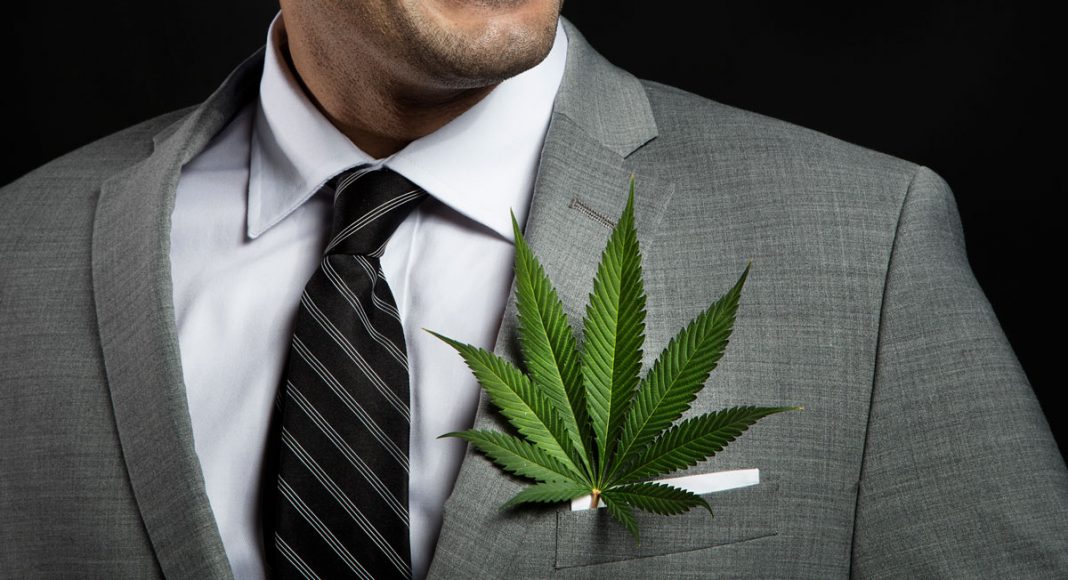The political state of the United States consistently goes through evolution, more often than not these changes manifest by way of social, cultural, and economic influences. These powers, in turn, directly influence those individuals who are chosen to lead the country: politicians. To put this notion in context, many see the election of President Trump as a direct result of an infusion of pop-culture into the U.S. political sphere, as Trump is undoubtedly the first president to be a modern-day media icon as well as reality television power-house. Point being, the-state-of-the-union directly influences who is in charge of the union.
As the cannabis industry continues to grow and gain a foothold as a legitimate field of business, it is also beginning to influence the sociopolitical environs of the United States. The state-of-affairs concerning medical and recreational marijuana is constantly receiving media attention in relations to both economics and politics. Business leaders from the cannabis space are taking notice, and beginning to utilize this attention by transferring into politics.
One cannot overstate just how rapidly the marijuana industry has established a foothold in contemporary America—it is easy to lose perspective of how quickly this is happening. For example, just 25 years ago President Clinton was deep in the thresholds of controversy concerning whether or not “he inhaled” cannabis smoke. Point being, for politicians past, during elections as well as terms of office, any affiliation with drug-culture—especially in capitalistic or business context—almost guaranteed controversy with career-ending damage.
Old Stigmas And Novel Representations
Cannabis industry leaders and advocates around the nation are noticing that their hard-won comfortability with controversial public-relations is directly transferable to roles as politicians. Why not? The history of the United States has largely been dictated by those forward-thinking politicians who have not been afraid to go against the established norms of the country—embodying the progressive thinking necessary in any healthy democracy.
-
Related Story: Cannabis Use On The Rise, But Not Because Of Legalization
As anyone familiar with the cannabis industry knows, business owners in this novel market are by necessity intimately acquainted with the ins-and-outs of bureaucratic movements within state and federal government. In a similar vein, attention to detail concerning public relations, legal maneuverings, and public awareness is essential to the success of any cannabis business—this traits are also directly applicable to political careers.
Cannabis Business Political Hopefuls To Watch
In coming elections industry, experts have identified 5 cannabis oriented political hopefuls to keep an eye on:
- Dylan Schwartz is running for NY City council—Schwartz has a number of years of cannabis industry consulting related to government dealings in his history.
- Bob Morgan is pursuing a spot in the Illinois House of Representatives—Morgan helped devise the IL State medical marijuana program in its infancy, leaving to pursue private industry interests in the last few years.
- Judy Appel is bidding for a position in the California State Assembly—Appel is a longtime cannabis advocate as well as promoter of the industry.
- Todd Mitchem is running for the second Congressional District in Colorado—Mitchem is well-established in CO as an industry consultant.
- Kayvan Khalatbari is hoping to win the mayoral election in Denver, CO in 2019—Khalatbari is professionally involved with both Cresco Labs and Denver Relief Consulting.


